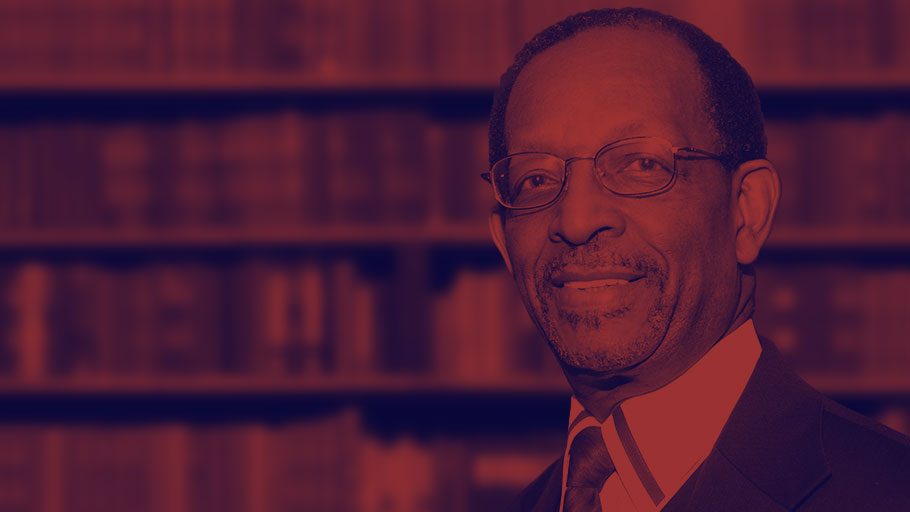In my most recent article, I asserted that Economic Sanctions/Boycott Florida is an idea whose time has come. The iconic Chaka Khan has added her name to the list of celebrities joining Stevie Wonder in refusing to perform in Florida until the “Stand Your Ground Law” is changed. This is great news, but I also am convinced that it will be the conscious decision of millions of ordinary Black folks that will ultimately determine the success of the Boycott Florida Campaign. In a real sense, this effort is a test of our collective sense of dignity, self-respect and will as Black people.















